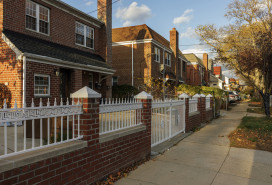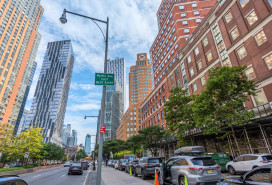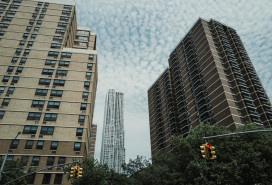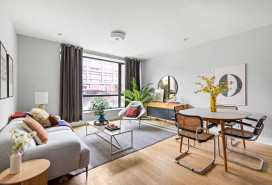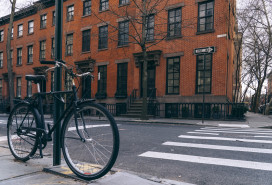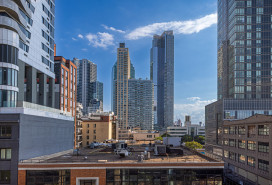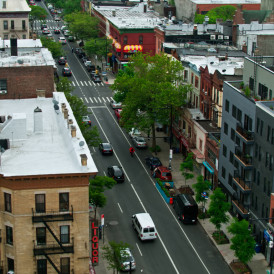Tips on tipping the super year round

Over on StreetEasy.com, some apartment owners are debating etiquette for tipping the super for minor jobs like unclogging sinks and toilets.
"Specifically, are you obliged to tip every time they fix something in your apartment? I'm talking regular maintenance issues like a clogged tub or a leaky faucet. Obviously I'd like to maintain good relations with the staff but my style is much more to tip once a year, rather than after each effort. But once he's finished and we're standing there awkwardly, I always feel odd. Like I should mention I'll be tipping him end of year..."
The threshhold question, some suggest, is whether the work is part of the super's normal job or whether co-op or condo owners are responsible for repairs to everything inside their four walls.
BrickUnderground checked in with two property managers, who explained that each building decides what the super is or is not responsible for maintaining.
While "generally, anything interior is above and beyond the super's responsibility, there is a wide range of applications from building to building on what staff will undertake in an apartment and how 'compensation' is addressed," says Thomas Usztoke of Prudential Douglas Elliman Property Management.
"Many governing documents are not very specific and the union's collective bargaining agreement is not very detailed with respect to duties," says Michael Wolfe of Midboro Management. "We believe that allows the board to decide, within reason, which interior repair services they wish to offer," and many prefer that minor repairs be handled in-house to reduce the number of outside vendors entering the building.
As for compensation, Wolfe says some buildings include such services at no additional charge, while others "charge back for the service based on either a fixed cost or hourly rate. Many boards permit the super to provide such services on their own time and at a cost negotiated with the resident."
In all cases, he notes, "tipping is optional and some residents evaluate the year and address it at year's end."
Our interpretation: To figure out the tipping question, first recognize that in-home repairs aren't free. Your building might specifically instruct your super to perform "private" repairs as part of normal work duties, which is paid for in maintenance and common charges that are presumably higher in order to staff up appropriately. Or your building might charge the cost back to you on a per-job basis. Or you might be explicitly directed to negotiate a price privately with your super (which is, to our way of thinking, a pre-negotiated tip).
In a gray-area situation where none of these policies are in effect, it seems reasonable to assume that a tip (or at least the effort to tip) is expected.
It may also be practical, no matter what your building's stance is on "private" work.
As one StreetEasy commenter puts it, "The return on the investment is so worth it. When you need them, they're there. Wait and see what happens when you need them and you haven't tipped them."
(StreetEasy.com)
Related posts:

